Welcome back!
Today I begin with a story.
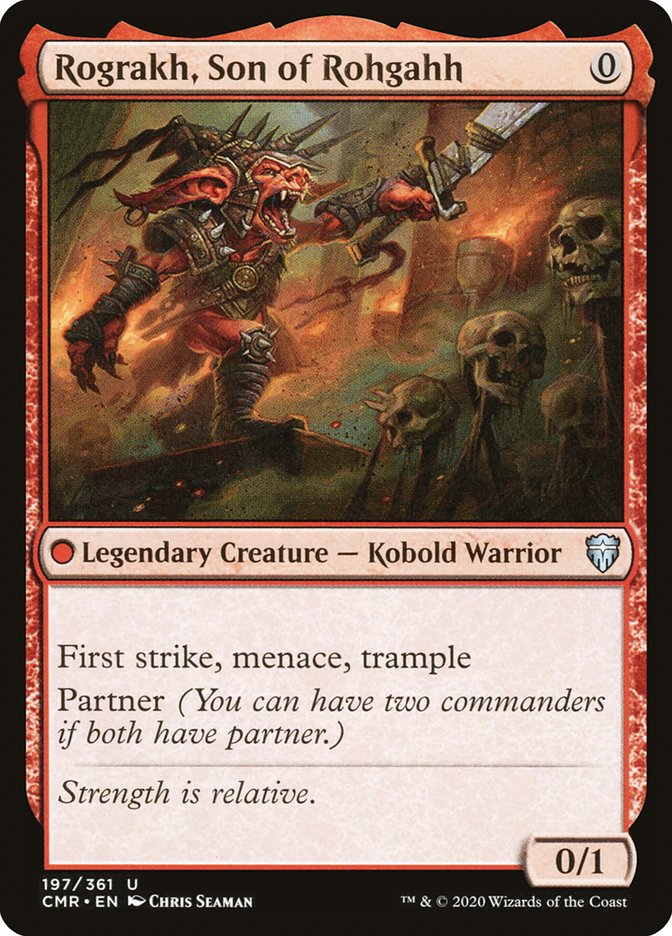
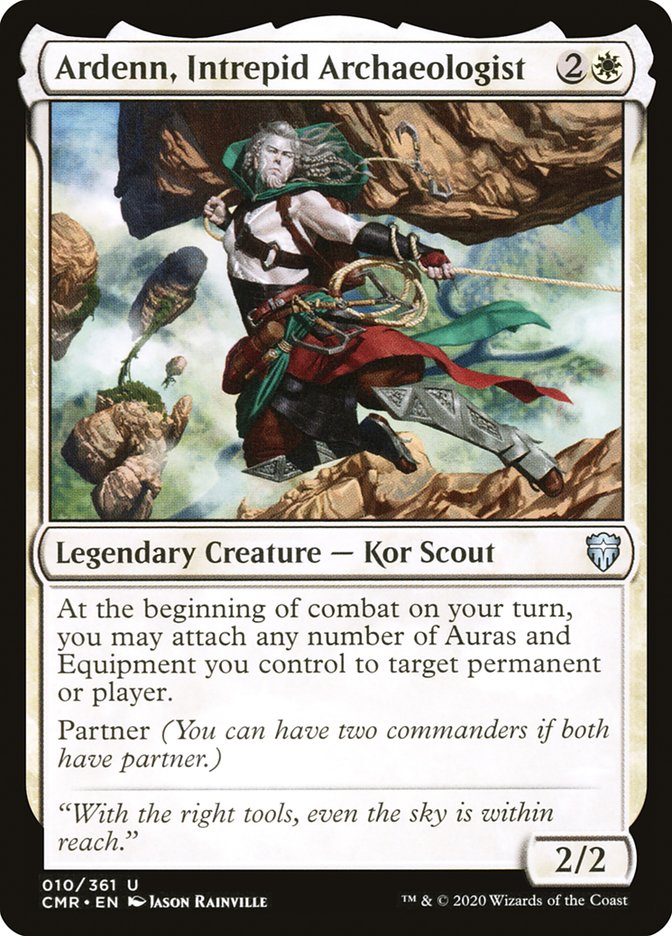
Recently I had played some Commander games at my LGS. One game in particular was a 3 player game where another player and myself were struggling against a very fast Rograkh and Ardenn deck. They dropped equipment after equipment and commander damage was stacking up. My new Narset 2.0 deck wasn’t nearly as fast, being built as a mid-power deck, and the other player was surviving but losing blockers quickly.
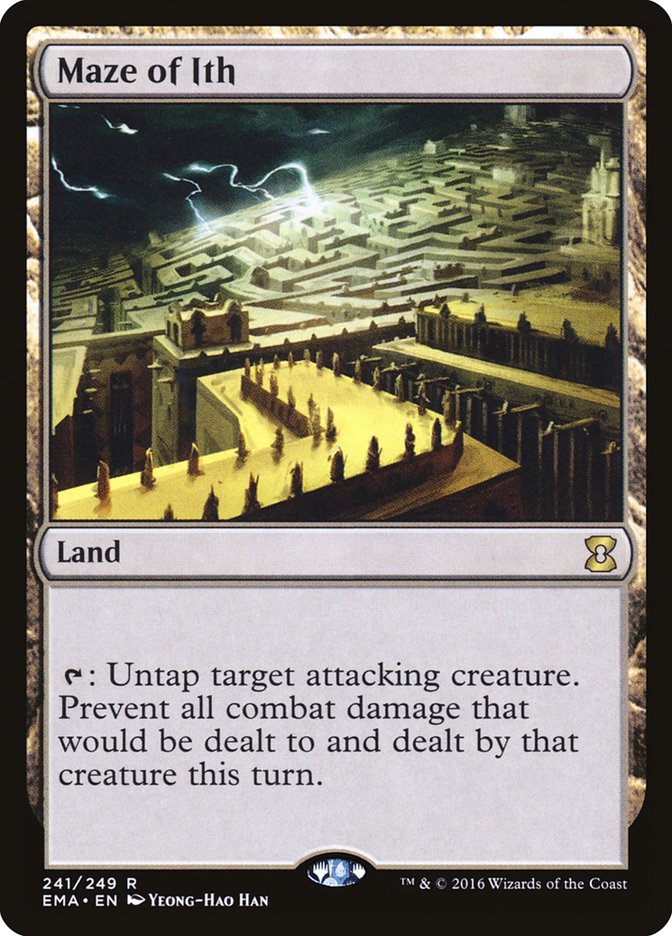
The partner player was set to win, with my slow development and the other opponent being decimated. The tides turned on one card though: Maze of Ith. My fellow opponent dropped the land and used it to both protect himself and I through enough attacks from the partner player that I eventually developed a board and won the game.
An interesting conversation was had afterward about the use of Maze of Ith, how attacks were split per commander, and whether or not I should have survived. The game ended with me using my own commander to deal lethal commander damage to the partner player, and the other opponent conceded. Towards the end of their discussion, I told them of a similar game I played.
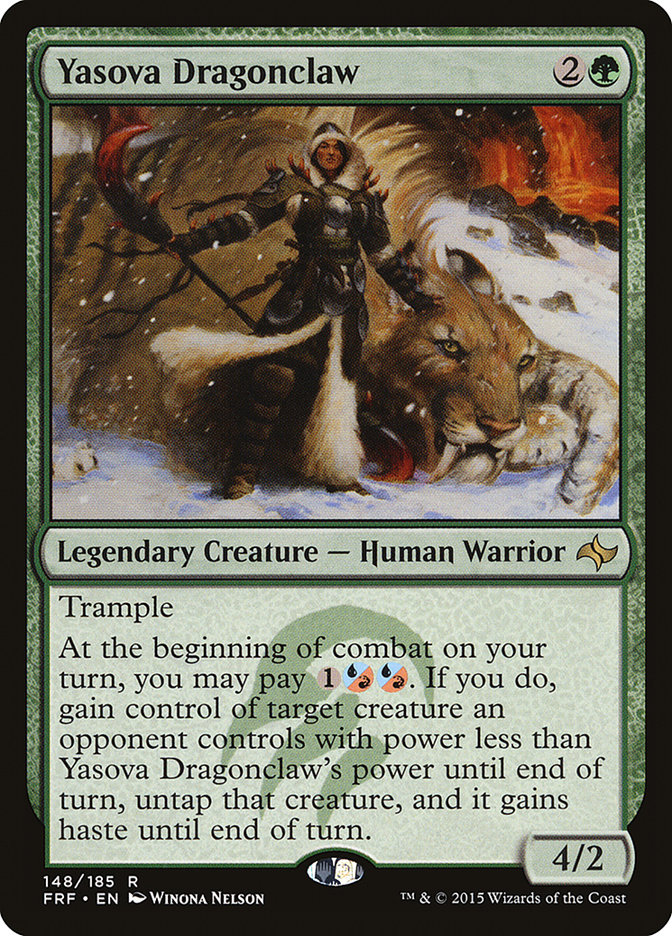
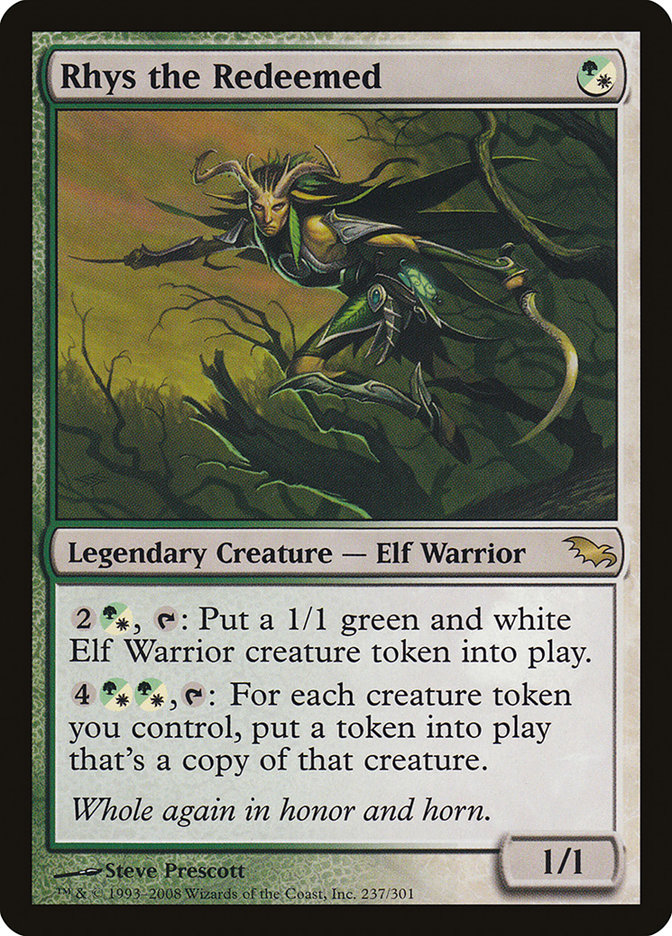
It was a four player game, but went down to three. I don’t remember what I played, but I was against a Yasova theft deck and a GW Rhys tokens deck. Knowing I couldn’t overcome the disruption Yasova could cause me due to prior experience against the deck, I went about screwing up everything they attempted to do to the other players where I could. When they asked why, I told them truthfully that it was strategic. I couldn’t deal with them, the Rhys player could, and I could deal with Rhys. I eventually barely lost the game to a lucky top deck from Rhys with a very salty Yasova player understandably upset.
This is all to illustrate the idea of strategy and how allying or using your opponents to your advantage can win you the game. The question is how hard you go in on the strategy.
Knowing Yourself
Some of these kinds of things are straightforward. Mechanics like Goad force opponents into attacking with creatures and possibly blocking with creatures they may not want to. Aikido and Theft style decks turn your opponents’ resources and spells against them and other players with cards like Dualcaster Mage and Gather Specimens.
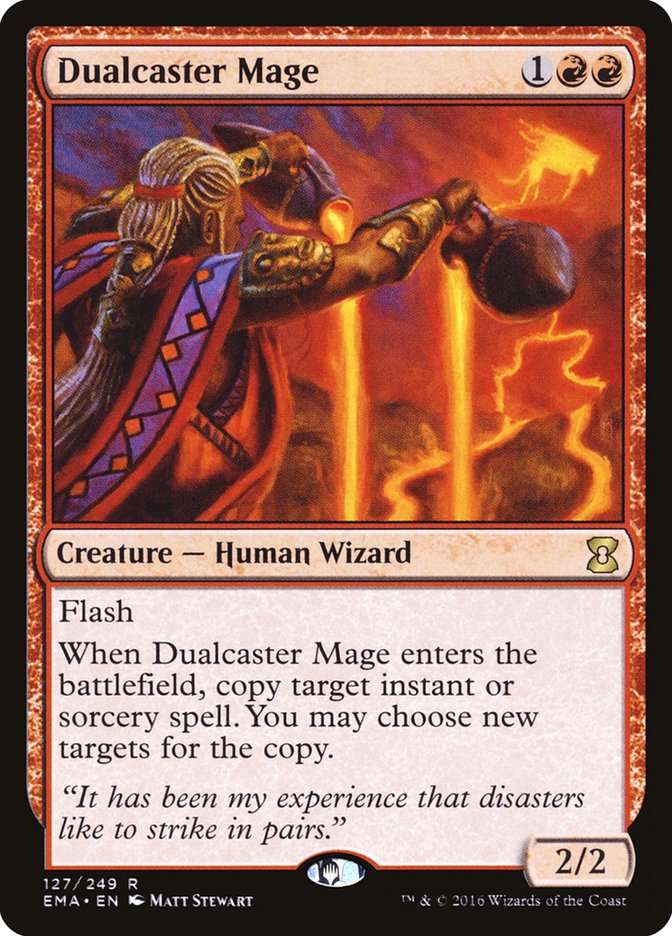
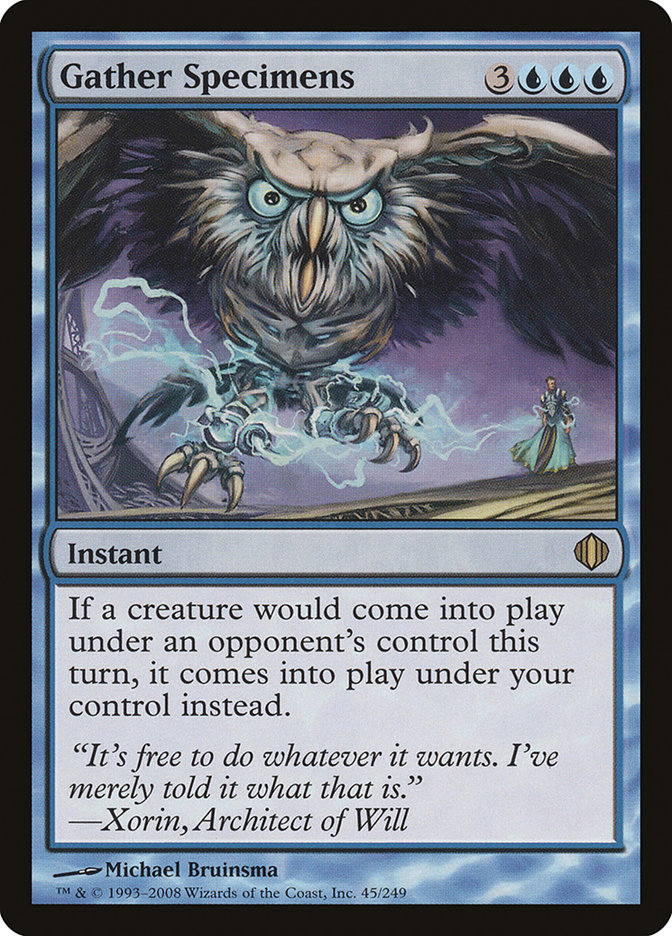
Other decks opt to limit interaction. Ward has become much more prevalent, and taxing effects mean your opponents have to pay more to do anything to you or your resources. With that in mind, your opponents might spend their resources somewhere else, doing work for you.
There are other ways of turning things in your favor though. The decks are the first tool you have but not the last.
Knowing Your Opponents

Knowledge Exploitation - Darrell Riche
Your opponents themselves can be a valuable resource. I’m not talking about their decks here, but their temperaments, rapport with each other, and information they share when conversing. There have been many, many times I’ve won games because people come to the game I’m in with previous grudges, relationships with each other, and personalities that sometimes conflict.
Using someone’s friendly rivalry to your advantage can make them waste resources on each other as you build your own board, for example. This will free you up to deal mostly with the (usually) only other opponent if they even need to be dealt with. Stay low and unnoticed.
Sometimes you need to team up to take down a threat, like in my story about Rograkh and Ardenn. No words are spoken, but you know in order for anyone else to win or even play the games sometimes the other player has to go. Having an archenemy can also help you keep your own resources, build favor with the other players, and take out the threat so you have a path to victory.
Friendly Outcomes

Magus of the Balance - Kev Walker
I believe in playing to win, even if I build my decks to be around the ever increasing mid power area. Like the Yasova and Rhys story, I will leverage my opponents against each other if able. This isn’t something I actively do often though. For one thing, I don’t often need to as games tend to go fairly well and are fairly balanced in my personal experience. Second, it can leave a bad impression when you are actively hurting one person’s gameplan.
While I think the strategy of using your opponents’ decks and possibly their temperaments is a viable one, there is probably a line in the Social Contract that shouldn’t be crossed. Unfortunately I can’t tell you where that line would be but being manipulative unrelated to the game is going too far. Never make anything personal. This will completely depend on the people involved in each game of casual Commander you play. Turning spells and cards against their owners is one thing, but you have to know the people you are playing with well enough to both try and turn things in your favor AND to not damage your reputation and be invited back.
As for the Yasova player, well… They and I haven’t played another game that I know of since. Being that the game was on MTGO (Magic the Gathering Online), I doubt it would happen anyway. Would I do something like that again? Sure. Would I go so heavy on the strategy? Maybe. Reading the room is much easier with people in a physical one rather than a chat box.
Until next time Planeswalkers, walk kindly.










